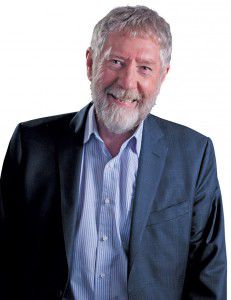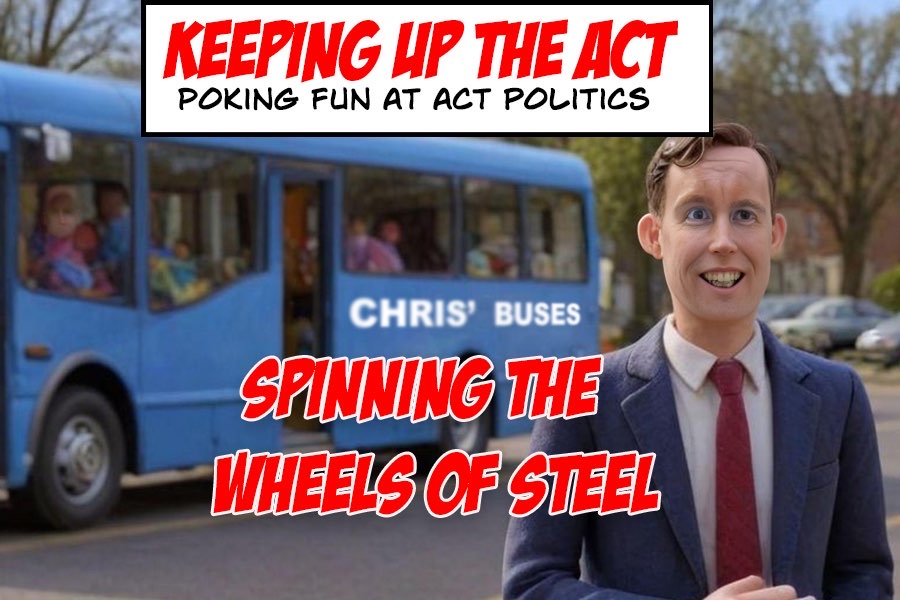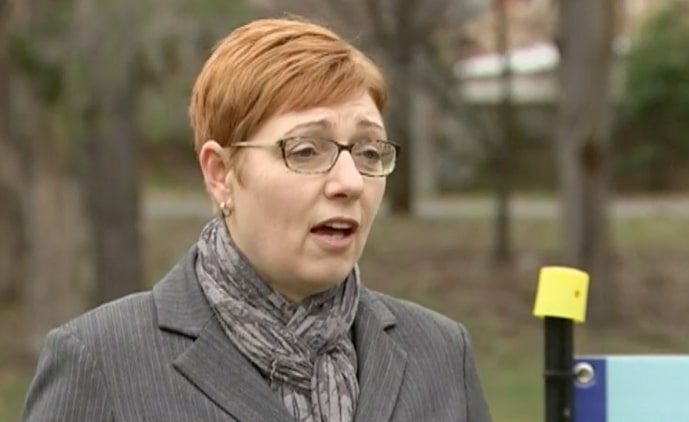THERE are important lessons to be learnt from the outcome of the ACT election. Most importantly, the vast majority of Canberrans are socially progressive and will not bide a conservative government.

Additionally, the critical nature of personal profile for Hare-Clark elections cannot be underestimated. Nor can the depth of understanding about equity in our taxation system be dismissed.
The ACT Liberals have grown more and more conservative since Kate Carnell’s progressive Liberal governments of the late 1990s. The moderate Gary Humphries was removed from his role as senator for the ACT in a conservative coup that promoted Zed Seselja.
While the relatively moderate Liberal leader, Jeremy Hanson, has attempted to contain the conservative elements of his team, there has been enough concern in the community for the Liberal vote to decline since the last election.
Considering the baggage that Labor took to this election, there should have been at least a five per cent swing against it. It is a credit to Chief Minister Andrew Barr that, despite the 16 years in government, despite the sustained campaign against rate rises and the light rail, and despite the scandals around land deals, he has been able to regain government. His promise to deal with the issue of taints through the appointment of an independent integrity commissioner must be done as rapidly as possible and so that it is seen to be above board.
The ACT electorate now has the distinction of electing the first woman to lead a government when Rosemary Follett was elected in 1989. This was before Carmen Lawrence and Joan Kirner became premiers of their respective states. At this election, the calibre of Canberrans was illustrated having just elected the first openly gay man to lead an Australian government. More importantly, it was achieved simply as a matter of course.
There are now 25 members in the Assembly. The even spread of votes to those with a lower profile illustrates that Hare-Clark is working appropriately. Voters who wished to focus on a particular party had their vote evenly distributed between candidates. This is because of the way the random distribution of position on the party ticket through the Robson Rotation works to effectively put more power in the hands of the voters. A personal positive profile, even within a party ticket, is needed to be a successful candidate in an ACT election.
The government now has a clear mandate to get on with building light rail and to effectively manage the economy.
However, there is a lesson for government around poker machines. A progressive government with the Greens as a partner will not have the mandate to deliver poker machines into the Canberra Casino. While the Canberra Community Voters Party and its local club funders did not do well in the election, it is worth remembering that the Greens have been strident in seeking action to minimise the harms associated with poker machines – no matter where they are located.
Andrew Barr held a calm and steady vision even when most pundits (including me) were saying that Labor was in strife. It is a credit to his leadership and approach that he rarely dipped into “tit for tat” politics. The same can be said for Jeremy Hanson, as both leaders ran a respectful campaign.
However, the Liberals did maintain a long and sustained negative campaign on rates and the light rail. In the end, they have now delivered a very clear mandate for the government to get on with the job. Andrew Barr should do so as quickly as possible.
Jeremy Hanson, on the other hand, did also offer a positive vision around health and education. By doing so he had hoped to step into the traditional areas of Labor advantage. The positive issues and sensible ideas that he put on the table, however, have not been accepted by the majority of Canberrans.
Perhaps, in the end, the issue came down to trust. The people were not really prepared to trust such a conservative party with the things they value most.
Michael Moore was an independent member of the ACT Legislative Assembly (1989 to 2001) and was minister for health.
Who can be trusted?
In a world of spin and confusion, there’s never been a more important time to support independent journalism in Canberra.
If you trust our work online and want to enforce the power of independent voices, I invite you to make a small contribution.
Every dollar of support is invested back into our journalism to help keep citynews.com.au strong and free.
Thank you,
Ian Meikle, editor




Leave a Reply